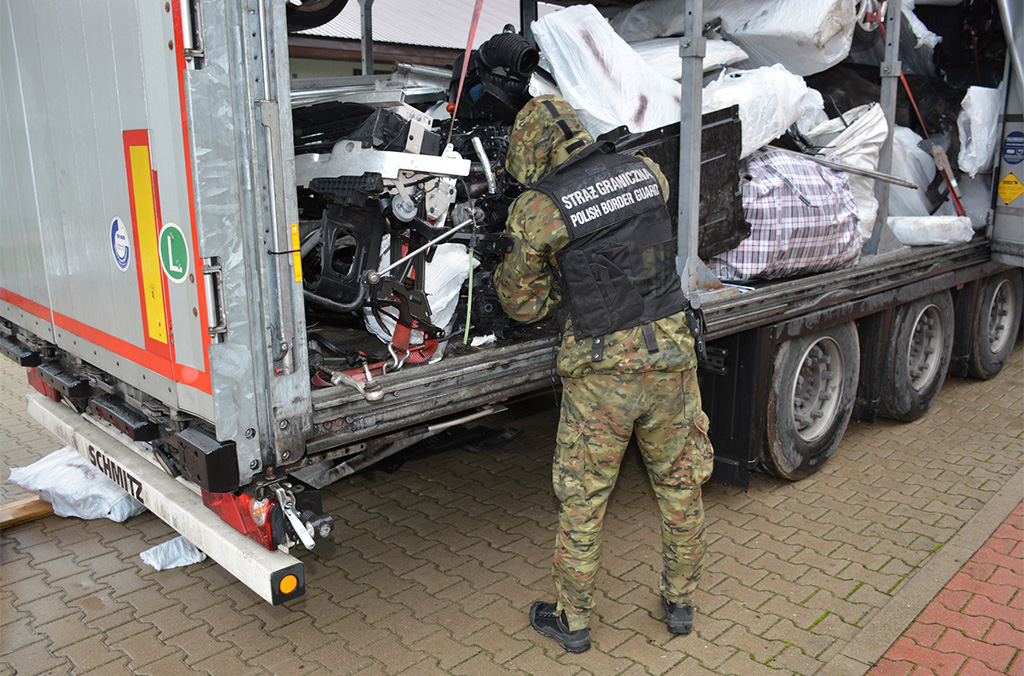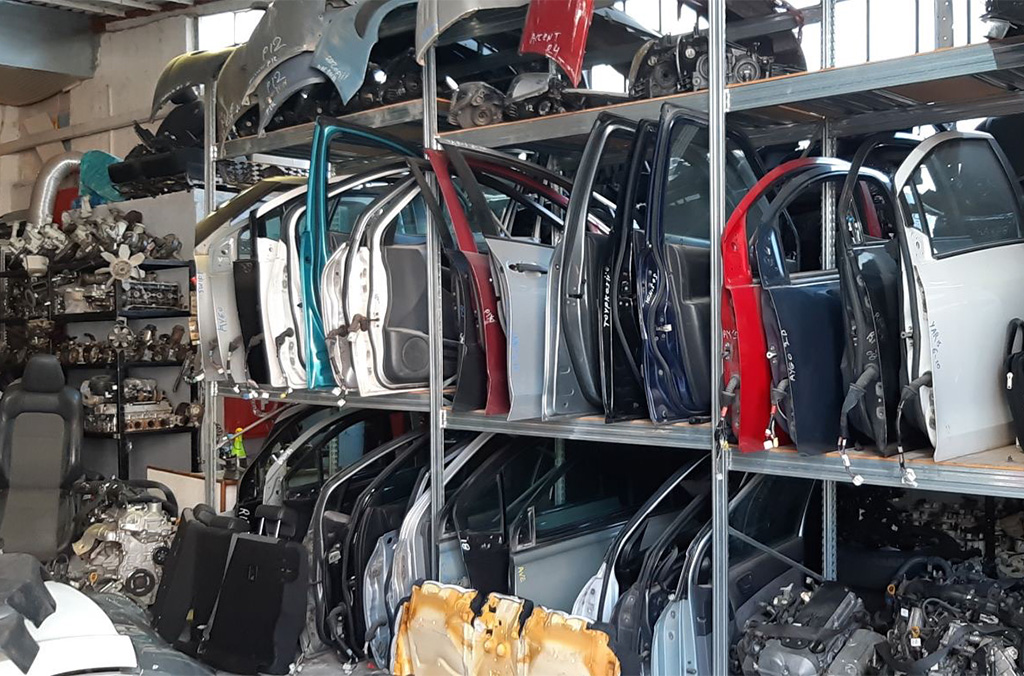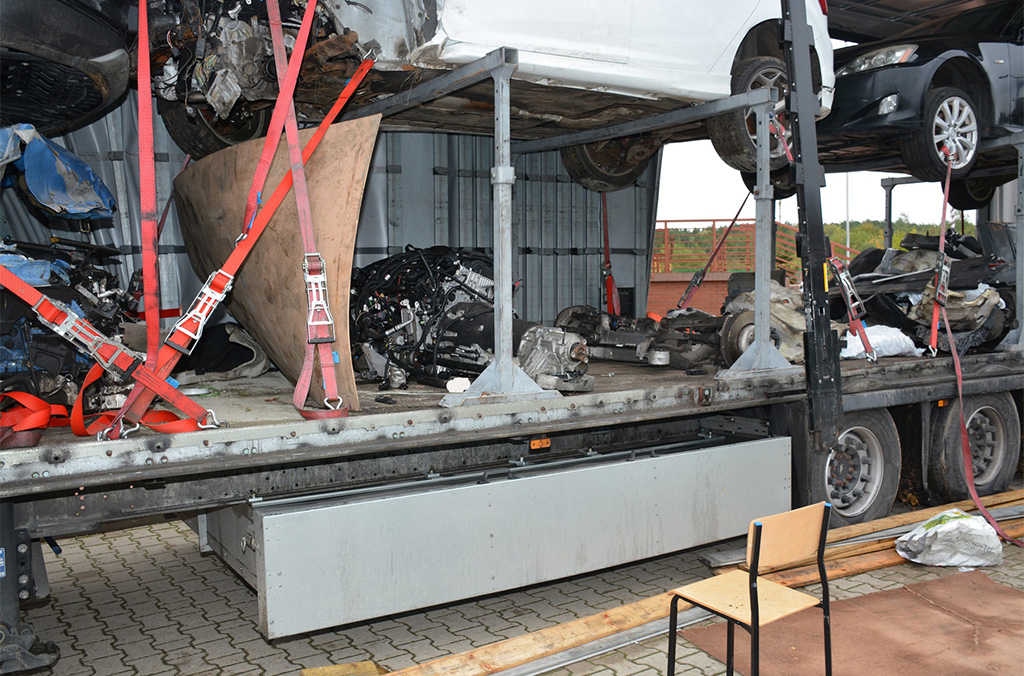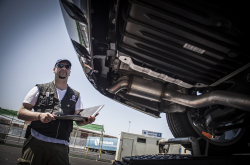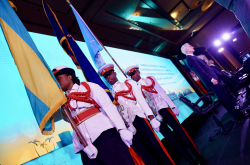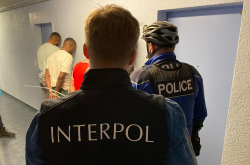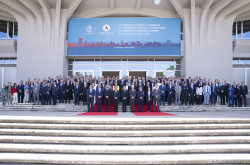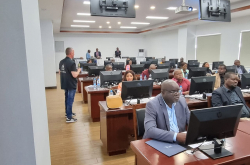An international operation supported by INTERPOL has highlighted the scale of motor vehicle crime in Europe, including the smuggling of stolen vehicles, spare parts and document fraud.
The two-week (12 – 23 October) Operation Mobile 3 was undertaken in the framework of the European Multidisciplinary Platform Against Criminal Threats (EMPACT), as part of the Joint Action Day (JAD) Mobile initiative led by Frontex, the European Border and Cost Guard Agency.
Experts from INTERPOL’s Stolen Motor Vehicle unit were deployed to the Coordination Centre at Frontex headquarters in Warsaw, Poland, to help officers from participating countries exchange, analyse and act on operational data.
INTERPOL supported the operation by crosschecking in real time the information collected in the field against its international databases, with Europol also supporting the operation remotely.
Involving checks at border crossing points and in-land activities in 16 EU countries and five countries in the Balkan region, the international operation resulted in the following:
- 44,000 checks against motor vehicles, with the authorities detecting 352 stolen vehicles and 1,077 stolen vehicle parts on lorries and in chop shops, leading to new investigations against criminal gangs involved in car crime.
- The arrest of 17 suspected people smugglers. The smugglers were allegedly transporting the migrants via land routes in trailers, as well on small boats, often stolen ones, via the Adriatic Sea.
- Dozens of forged or falsified ID documents and vehicles documents were also discovered.
- The seizure of illegal drugs and arrests of suspected drug smugglers. In Portugal, Policia de Seguranca Publica arrested six people with a tonne of Marijuana and 10 kg of heroin. Spain’s Guardia Civil seized 666 kg of hashish and arrested 22 suspected drug smugglers. Latvian authorities also detected 400,000 illegal cigarettes during the operation.
- In Greece, the police seized 15 rental cars which suspected criminals attempted to smuggle out of the European Union.
The operation facilitated crucial information-gathering and analysis, in order to detect potential links to transnational organized crime, including drug trafficking and migrant smuggling.
It also allowed European officers to establish a stronger law enforcement network and to familiarize themselves with INTERPOL’s Stolen Motor Vehicles database, which contains 7.4 million records.
“Organized crime groups use stolen vehicles to generate profits and facilitate other crimes such as people smuggling and drug trafficking,” said Matthias Marth, Criminal Intelligence Officer with INTERPOL’s Stolen Motor Vehicle unit.
“INTERPOL’s involvement in this initiative underlines our continuous commitment to supporting our European partners in their actions.”
The operation brought together:
- INTERPOL member countries: Albania, Austria, Bulgaria, Bosnia & Herzegovina, Croatia, Cyprus, Denmark, Finland, France, Germany, Greece, Ireland, Hungary, Latvia, Lithuania, Luxembourg, Moldova, Montenegro, Netherlands, North Macedonia, Poland, Portugal, Romania, Serbia, Slovakia, Slovenia, Spain, Sweden, Switzerland, United Kingdom, Ukraine, United States.
- Third parties: Kosovo
- EU Agencies: Eurojust, Frontex and Europol
INTERPOL’s programme against stolen motor vehicles is made possible with funding from the INTERPOL Foundation for a Safer World.




